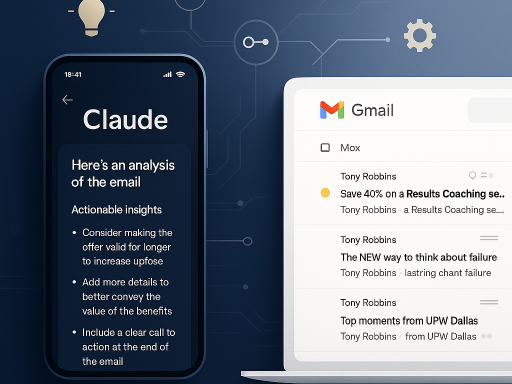Hey there! Ready to dive into the deep end of the brain teaser pool? So, rumor has it Google interview questions are the stuff of legend. Apparently, they’re just sitting in a dark room somewhere, laughing as they concoct questions no sane person could answer. But don’t worry, I’m here to walk you through one of these brain-bending beauties and maybe (just maybe!) help you unlock the secrets.
And remember: “If you can’t convince them, confuse them.” – Harry S. Truman.
The Question That Baffles Minds
Alright, here’s a classic Google interview question to tickle your neurons:
“You have eight balls, seven of which weigh the same, and one that is heavier. You also have a balance scale. What’s the fewest number of times you can use the scale to find the heavier ball?”
Mind blown yet? Because let’s be real—when was the last time you just casually had a set of eight identical-looking balls lying around, waiting for their moment to shine?
Breaking Down the Madness
Before we dive into the solution, here’s the golden rule of brain teasers: don’t panic! (Thanks, Douglas Adams.) Instead, let’s break this down:
- Objective: Find the heavier ball.
- Tools: A balance scale (like the one with two pans you find in a lab).
- Question: What’s the fewest number of weighings required?
Let’s go Sherlock Holmes on this, piece by piece.
Step 1: Divide and Conquer, Like You’re Cutting Pizza
Since we have eight balls, let’s go ahead and separate them into three groups. Yes, it’s possible.
- Take three balls and put them on one side of the scale.
- Put three other balls on the other side.
- Leave the last two balls aside for now, sipping their metaphorical coffee and waiting to be called on.
Now, weigh the two groups of three.
“There is no glory in weighing balls.” – Someone, probably
Step 2: Let the Balance Scale Speak
So, what could happen?
Scenario 1: The Scale Tips (cue dramatic music 🎶)
If one side of the scale is heavier, then congratulations! The heavier ball is in that group of three. But don’t get too excited, because you still have to narrow it down.
Scenario 2: The Scale Balances Out
If the two sides balance, then none of those six balls are the culprit. The heavy ball is among the two you set aside.
Boom, we’ve just eliminated six of the eight balls in one weighing. Nice, right?
“Efficiency is doing things right; effectiveness is doing the right things.” – Peter Drucker.
Step 3: The Final Showdown
If you found the heavier group in the first weighing, you’re left with three balls. Put one on each side of the scale and leave one out.
- If one side tips, you found the heavy ball. 🎉
- If they balance, the one you left out is the heavy ball.
But if the heavy ball was in the group of two that you set aside earlier? Just weigh those two against each other. The heavier one will reveal itself.
So, What’s the Answer?
Drumroll, please… 🥁
The minimum number of weighings needed to find the heavy ball is two.
Yes, just two. Mind-blowing, right? And that, my friend, is how you can dazzle Google (and possibly yourself) with your genius.
“Don’t worry if it doesn’t work right. If everything did, you’d be out of a job.” – Mosher’s Law of Software Engineering.
Final Thoughts on Google’s Crazy Questions
If you’re thinking, “Wow, I feel like a genius now,” you should! Google’s not just looking to see if you know the answer. They want to see how you think. It’s less about whether you find the answer and more about how you approach the problem.
But hey, don’t feel bad if this one didn’t click immediately. Remember, no one has all the answers. Some of us can barely remember where we parked the car.
“Life is not a problem to be solved but a reality to be experienced.” – Søren Kierkegaard
And maybe that’s the real lesson: sometimes life’s big challenges are just Google’s way of asking, “How much patience do you have?”
Catch you on the next puzzle!




